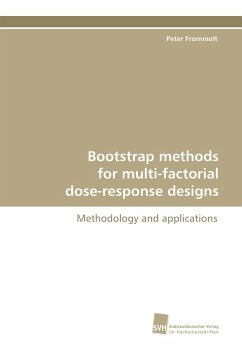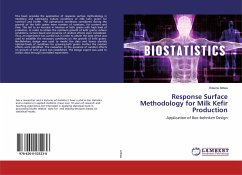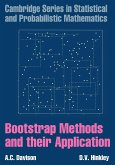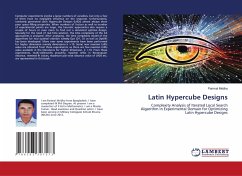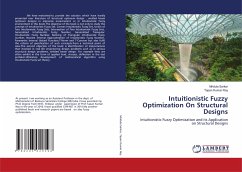Bifactorial designs are used to test for the efficacy of fixed combinations of two (or more) drugs. Researchers are interested in the question if a combination has a significantly higher efficacy than either component drug alone. The power of the existing methods strongly depends on a nuisance parameter representing how much the respective means differ between the groups treated by the component drugs. Furthermore, the methods are only applicable under rather strict assumptions on the data. In this work, the distributions of the respective test statistics are approximated by bootstrap methods with data-based estimation of the marginal differences to overcome these limitations. This gives interesting insights about the role of unknown nuisance parameters in resampling procedures. The methods described are also expanded to related problems and more general questions and their power is evaluated by simulation studies. Finally, some examples for typical applications are worked out.
Bitte wählen Sie Ihr Anliegen aus.
Rechnungen
Retourenschein anfordern
Bestellstatus
Storno

